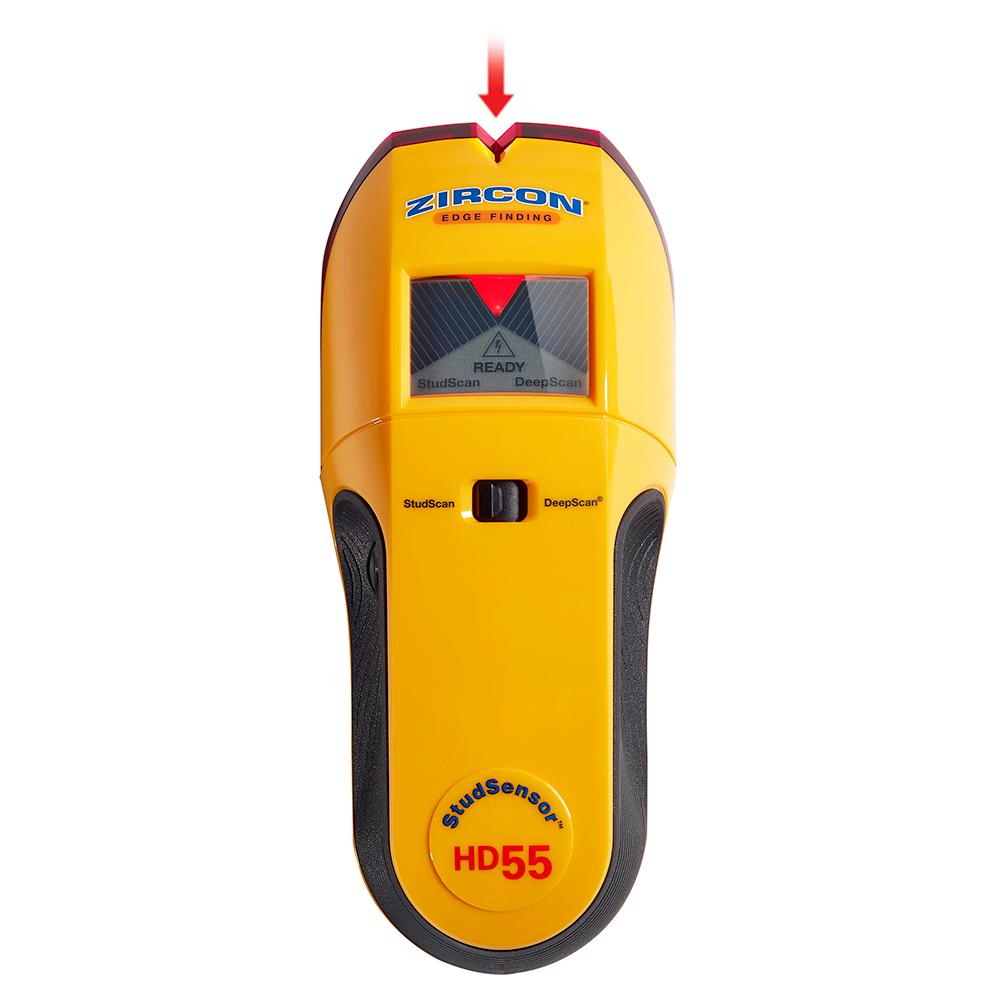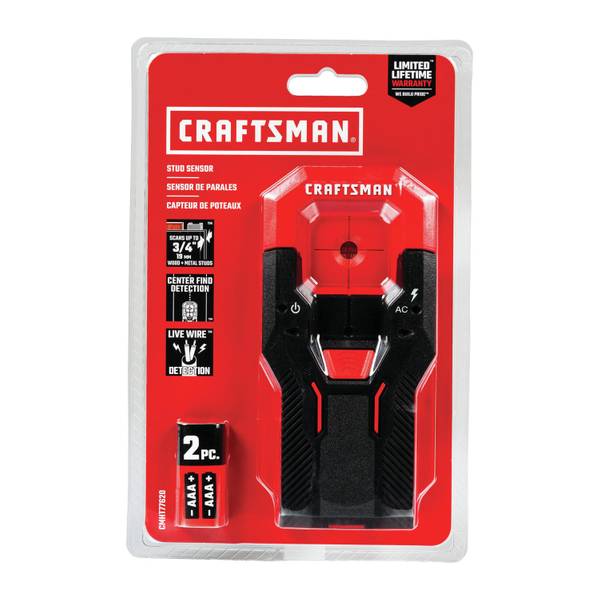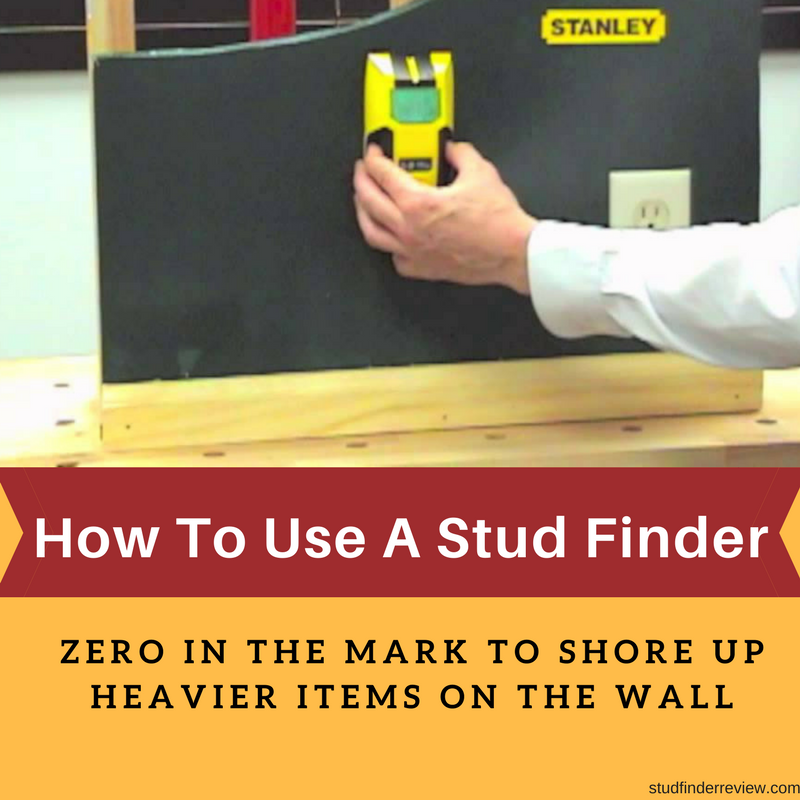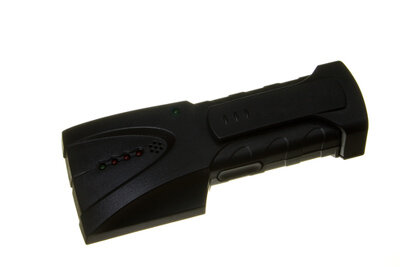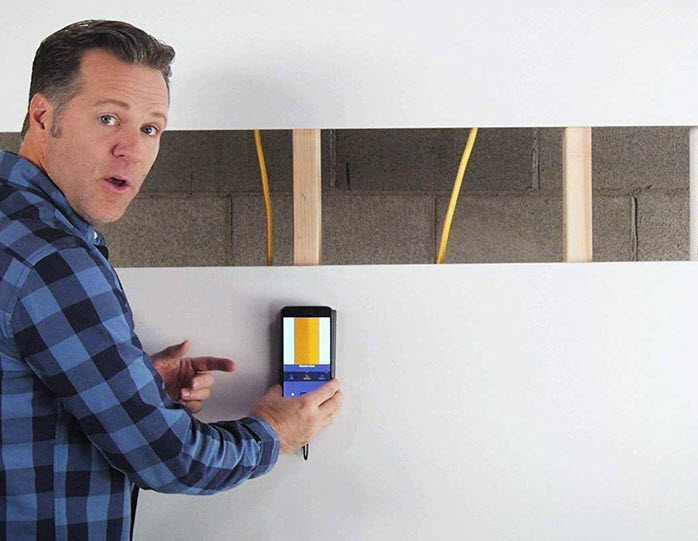Comments 1. Even though your tool indicated that it located a stud right where you need it a stud finder can signal false positives when there is metal piping or flashing or brackets within the wall.
:max_bytes(150000):strip_icc()/young-man-with-stud-finder-examining-wall-at-home-169267758-5a297cb5e258f800368eb3e1.jpg)
What You Need To Know About Stud Finders
When to use a stud finder. As you would imagine this is an indispensable gadget when it comes to hanging a coat rack a shelf or any heavy duty object on the wall. Insert batteries into stud finder. Prior to the 1950s most walls were built using a combination of vertical studs horizontal wooden beams called laths and plaster seams. How to use a stanley stud finder. Efficiency for plastered walls will be slightly lower because the walls are slightly thicker and to define the stud in them difficult. Turn on the stud finder.
Place the stud finder against the wall where you are looking for a stud. Such a device perfectly defines the position of the studs in the walls drywall. Other studs will be spaced 16 or 24 inches from this stud. Slide the stud finder horizontally across the wall until the lights indicate the location of a stud and mark the point with a pencil. Because standard stud finders detect a change in density. To detect a stud in the wall convenient to use a digital stud finder.
Your stanley stud finder is powered by a 9 volt battery. How to safely use a stud finder to use a stud finder place the unit on the wall and turn it on typically by holding down side buttons. They also detect metal nails density changes and wires. A stud finder is essentially a battery operated electromagnetic tool that detects the so called framing studs. How to use a stud finder. Place the stud finder on one end of the wall youre checking for studs then turn the tool.
Hold the tool at the height where you. When you turn it on a green indicator light will be lit.

/157293315-56a4a2ac5f9b58b7d0d7ef4f.jpg)

